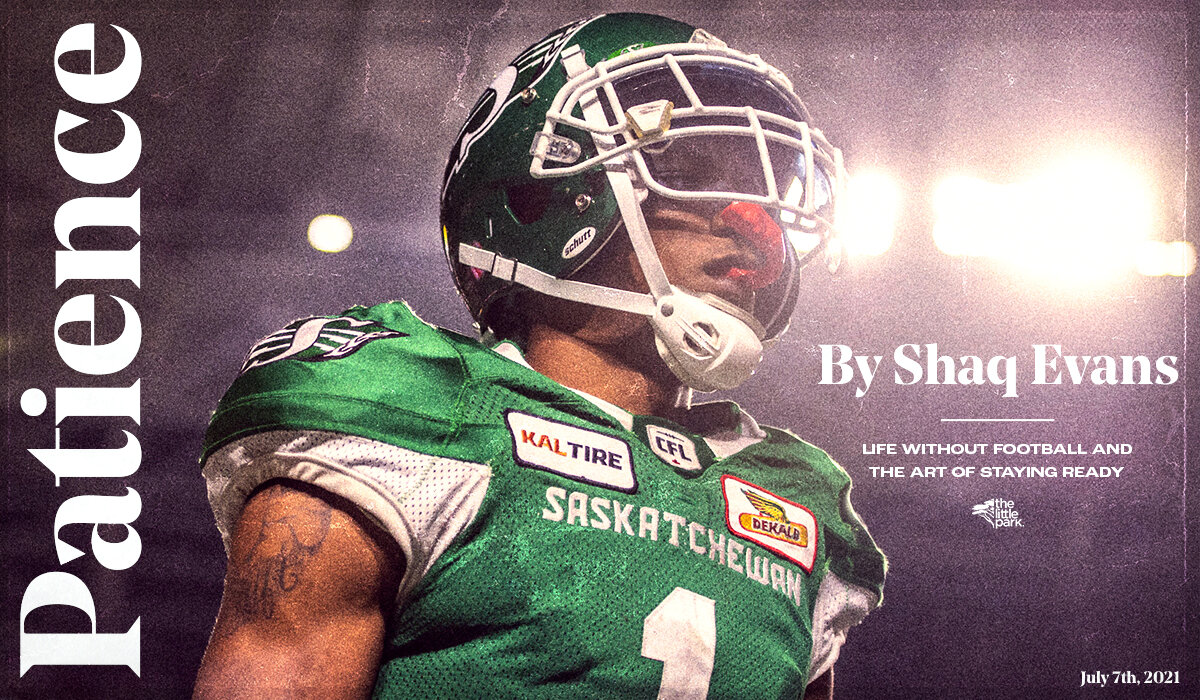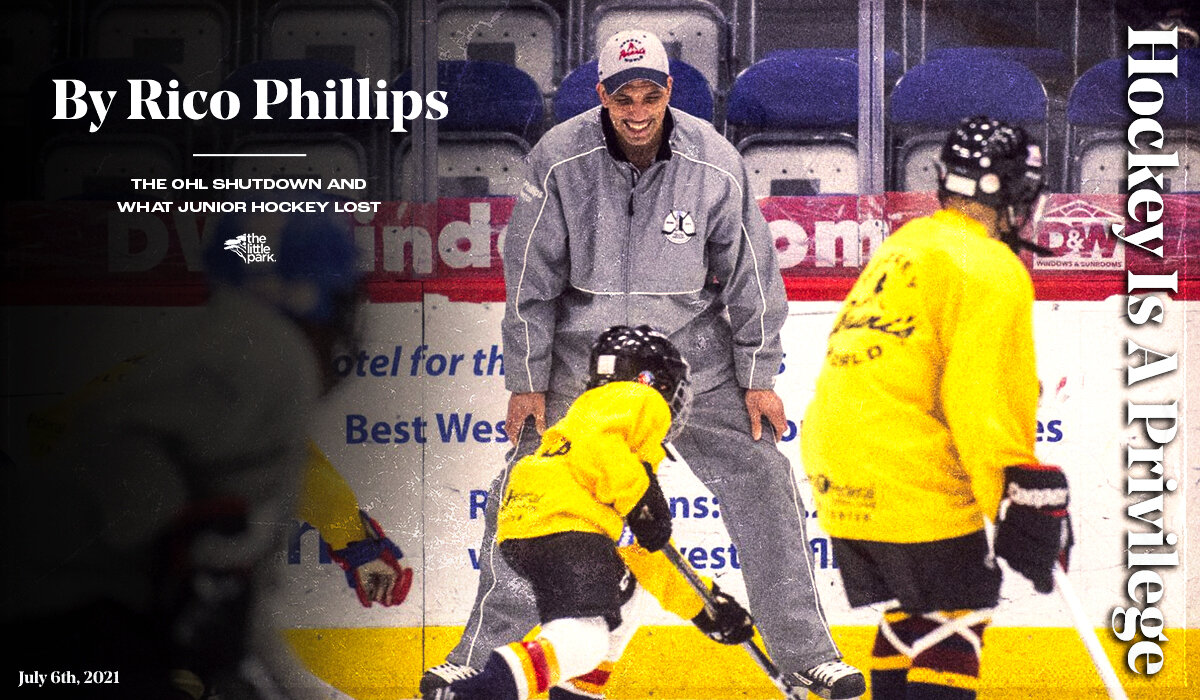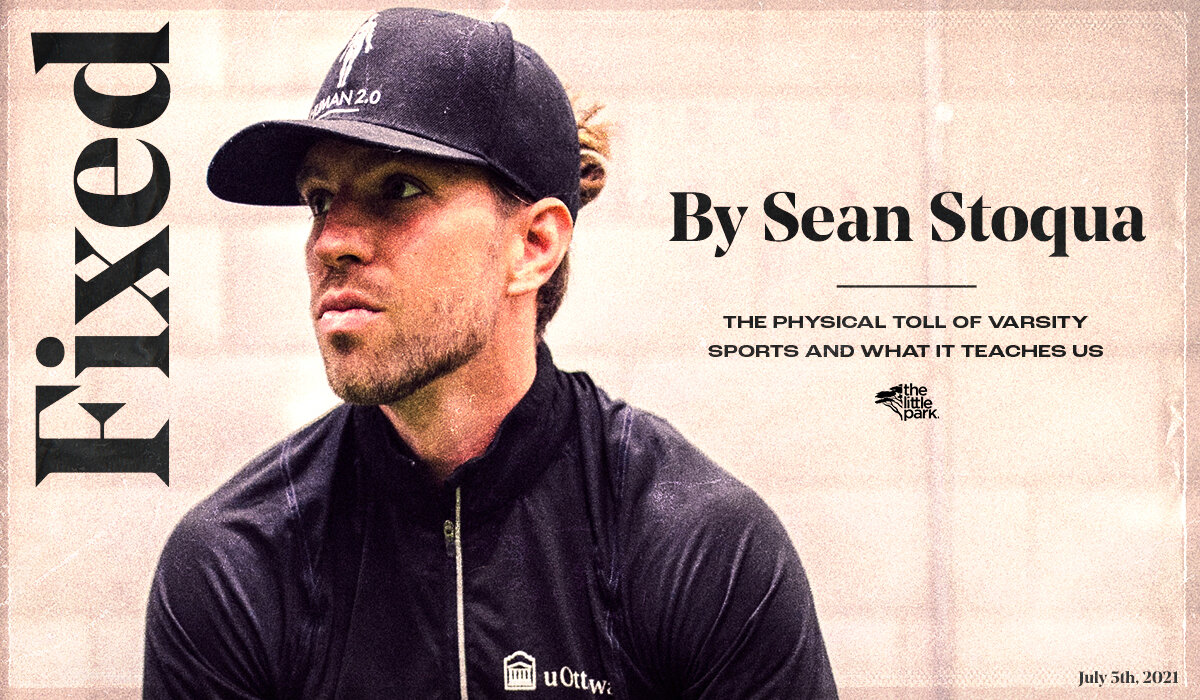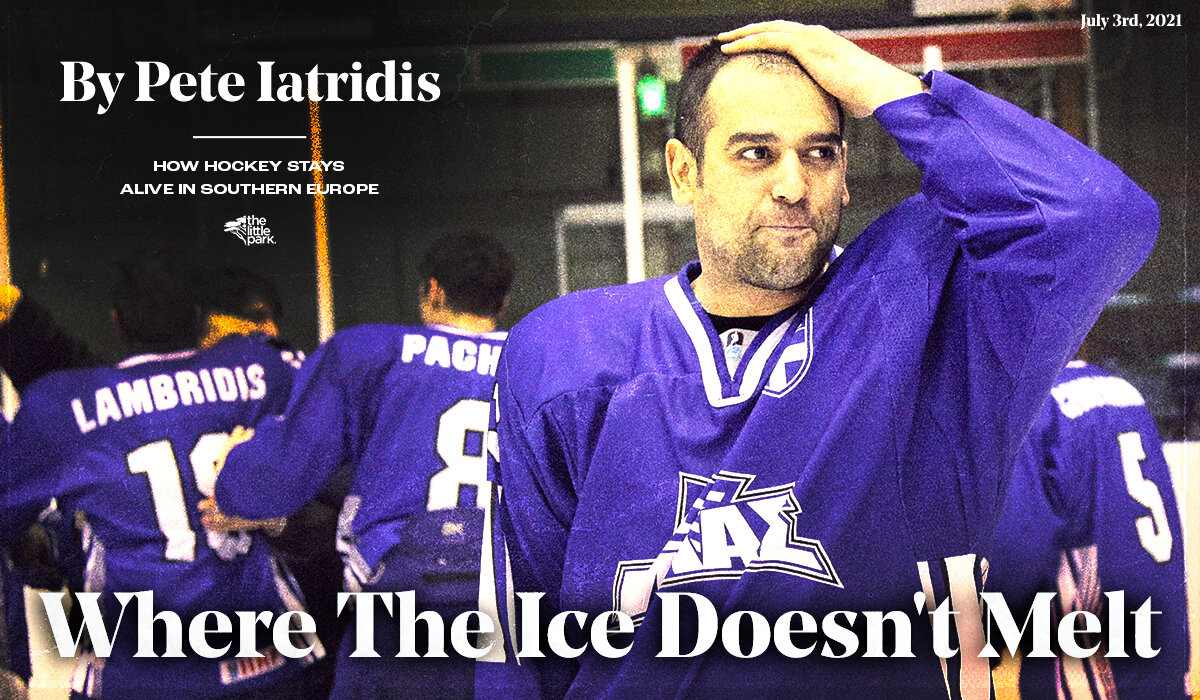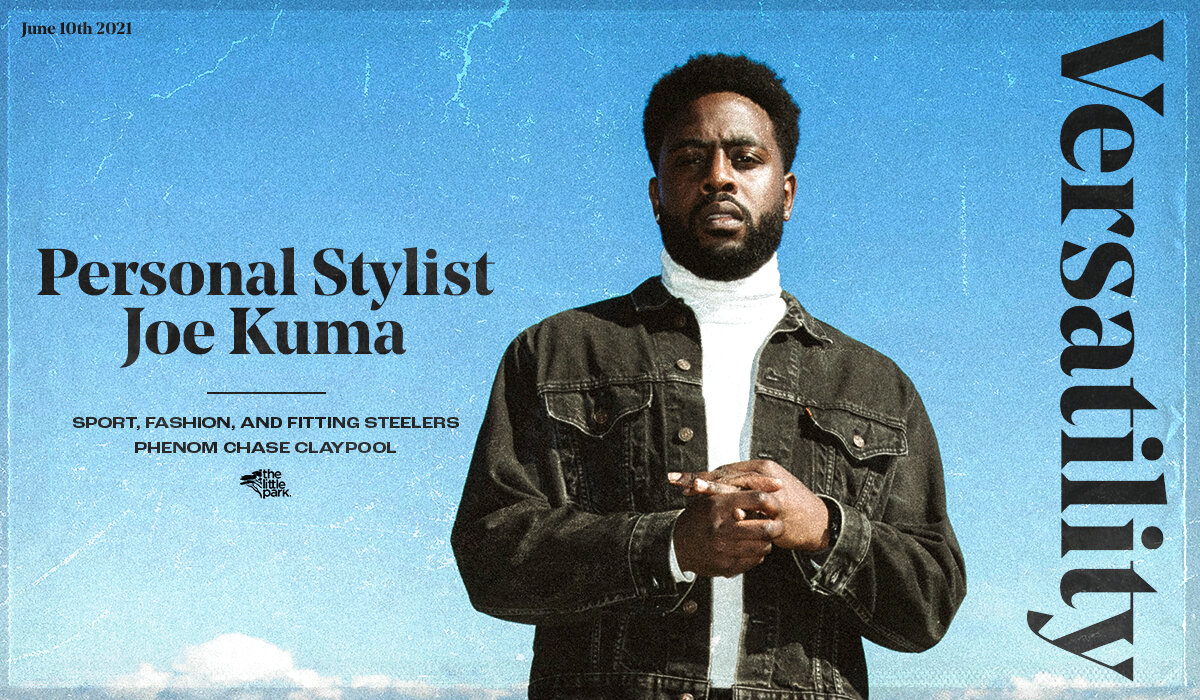It was supposed to be an easy win.Our team, OpTic Gaming, was taking on a lower-seeded opponent at the 2017 Halo world championship of Luminosity Gaming. But as it turned out, the opponent was no pushover.Early in the game, our team was down 25-7 in kills with the first one to 50 winning the match. We were trying to be over aggressive to get back into it. As the coach, I had to step in.“Everyone stop what you’re doing and let’s reset,” I said. “Stop pushing for no reason and let’s slow things down before we start trying to make any more plays.”It worked.We began playing methodically slow and were catching the opponent being overly aggressive. We brought it back to a 49-47 deficit. Once again, the patient mindset worked. We won 50-49.This wasn’t the most important match of the tournament, but it made us realize we could come back from any deficit, no matter the adversity.We were crowned world champions a few matches later.I grew up playing soccer in Regina where team sports and a passion for competition were keys from an early age. I loved the feeling of practising and seeing improvement on the pitch, which helped develop a mindset of always wanting to better myself. The adrenaline rush of being in intense, high-pressure situations was something that always had me coming back for more, no matter the activity.It’s part of what led me towards Halo 2 in 2006.The possibility of competing in tournaments, earning cash prizes and being on national TV were all opportunities of interest. The Boost Mobile MLG pro circuit was a big motivating factor and made me wonder “how are more people not watching this?”I spent the next couple years studying the players, teams and gameplay of Halo to understand its inner workings. It was all so fascinating.Even though there was -- and still is -- a negative perception towards video games, I knew deep down that eventually this phenomenon would catch on at a more main-stream level and get to where it is today. Nine years after stints competing at high levels of esports, I was given the opportunity to coach Counter Logic Gaming in 2015 where we travelled to Columbus and won an Iron Games event. It was my first as a coach and very memorable. I threw my clipboard to the side and hugged my teammates after capturing the last flag. The rush of excitement was surreal.I’ve continued to coach ever since and now, at 27-years-old, am the winningest coach in the game’s history.There are both differences, and similarities, coaching esports as compared to what my coaches would teach when I played soccer growing up.Coaching in esports involves keeping track of each player’s screen during a live event to get their perspective while reinforcing good habits from our practice. I’m not really a play caller like Andy Reid, but rather a voice of reasoning to make sure our goals from practice are kept. Whether it’s playing more team oriented or focusing on power weapon control, my job is to make sure we stay on task and get good value out of our practice. Leading up to a world championship, our team typically practices between six and seven days a week with a two to three-hour scrimmage and then another two to three hours of practising individually. Reviewing our own gameplay, or that of other teams, is another key element to improvement. We’re able to cover off our own strategic initiatives by doing this and prepare for certain matchups against teams that we expect to challenge us at the tournaments.Chatter about our gameplay is kept to a minimum on the morning of a tournament when we all gather for breakfast and keep the occasion casual. We start our warm-up after arriving at the venue with players facing off against each other to get their micro focused skills ready. I’ll usually ask players more macro focused questions during warm-up like “what do we want to focus on doing in-game today?” and “should we try X strategy against Y team?” From there we tend to have a fluid conversation about our philosophy. This is where my role as a coach is more of a conversation starter who puts us on the path to collectively come up with a roadmap for how we want to play on tournament day.As soon as we’re live, that’s when we tend to hit our flow state. The feeling of being in-game and having all your practice culminate into the live competition brings lots of satisfaction when the match is clicking. My role turns into being an extra set of eyes and ears to keep track of the external variables in the game. I try to keep my team calm and open a dialogue of what needs to be focused on. From there we adjust and mold our gameplay on the fly based on our communication -- hands down the most crucial part of our team’s identity.Coaching esports looks similar to traditional sports. I’m always behind the team on stage when we play and geared up with joggers and a team branded hoodie or jersey. The adrenaline rush of being with the team in those clutch moments of victory, or heartbreaking moments of loss, is prominent. The fan interaction is also similar to coaches in traditional sports, although on a slightly smaller scale in esports due to crowd sizes. The key comparison is the spirit of competition. No matter what industry or ecosystem, a coach is someone who invests their time to better their team personally, professionally and strategically. The feeling of having all of your hard work and team cohesion culminate into something like a world championship is a feeling of nirvana that only the true spirit of competition can bring to life. While the rest of the sports world has been essentially shut down due to the COVID-19 pandemic, one could say esports has been strengthened.My career as a professional esports coach means regular live in-person events have been temporarily lost, although I’ve been relatively unaffected. The transition online -- a space where competition for the sport has been happening since the grass-root days – means the ability to put on a show is almost natural to most who compete.Viewership of esports has seen a spike as a result of the pandemic with most traditional sports on hold. There have been a few companies and organizations like IndyCar which have transitioned into broadcasting iRacing events or matches where top professional athletes square off in the video game version of their respective sport. Sites like Twitch.tv and online tournaments have seen massive growth.There’s also been an increase sense of appreciation for live events since COVID-19. An influx of live esports events led to what I believe was viewership burnout. Tournaments were losing their magic touch or the passion that was ignited when the major event only took place on rare occasions.COVID-19 has left esports in a position where there’s a massive opportunity to capitalize on. Most traditional sports fans are looking for some kind of competitive entertainment where they can get behind players and their personalities while admiring them at the top of their craft. Esports events are primed and already reaping the benefits of their traditional nature of being easily accessible online. Tournament organizers have had to focus more on the live-stream broadcasts and there’s already been a direct improvement in the broadcasts’ quality. I truly believe esports can quench the thirst of any traditional sport fan. The sport has insanely talented players, most with flashy, funny, or pot-stirring personalities that can supply viewers with many different avenues of content to follow even after a tournament is over. Viewers can also learn how to improve their own game simply by watching esports events, or their favourite players live-streams where they can interact and learn from watching. Imagine being able to sit in on a Los Angeles Lakers practice and hear what LeBron James focuses on? Or seeing how Patrick Mahomes leads his team during practice and sharpens his skills? Where else can you get that kind of exclusive access to some of the world's most talented individuals in their respective craft? The esports community is very accepting, inclusive and passionate about the game’s growth. There’s so much diversity with hundreds of different games played on a competitive level. Whether you are into Halo, Call of Duty, FIFA, or several more, there will be a community of people with similar interest that you can connect with. Hell, I got my first sniff of competitive video games from attending a local Halo tournament for $100 that had 16 TVs lined up in a hotel ballroom.The sense of community is what makes esports thrive, and as a whole, it’s ready to accommodate the spotlight as a result of the pandemic we’re in. My hope is esports can be an outlet of positivity and a way to “unplug” during these unforeseen times. 








